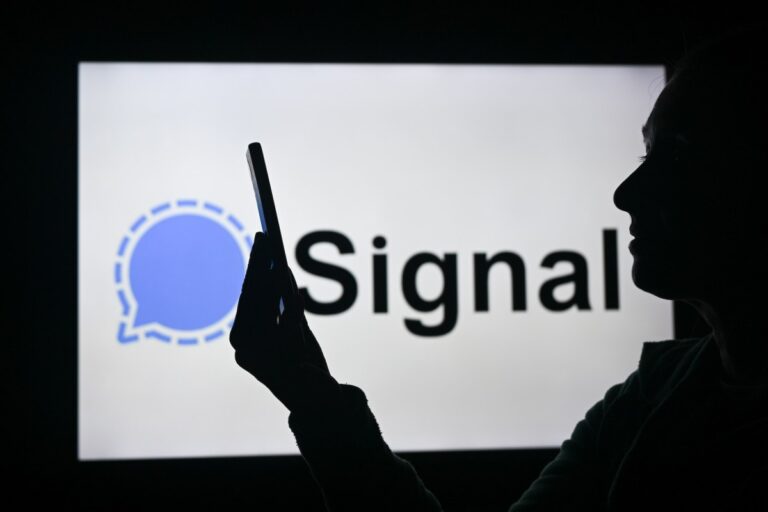Exposing the NSO Spyware Scandal: How Mexico, Saudi Arabia, and Uzbekistan Leveraged Hacks in the 2019 WhatsApp Breach
The recent revelations surrounding the 2019 hacking campaign involving NSO Group’s Pegasus spyware have stirred considerable attention. According to a lawyer representing NSO Group, the governments of Mexico, Saudi Arabia, and Uzbekistan were implicated in targeting over 1,200 WhatsApp users. This significant disclosure occurred during a lawsuit filed by WhatsApp against NSO Group, shedding light on the complex interplay of technology, privacy, and international relations.
Details of the WhatsApp Lawsuit Against NSO Group
In a hearing last Thursday, NSO Group’s attorney, Joe Akrotirianakis, named Mexico, Saudi Arabia, and Uzbekistan as clients who utilized the controversial spyware. This marks a pivotal moment, as it is the first time NSO Group has publicly acknowledged its clientele regarding the misuse of Pegasus spyware. Previously, the company had refrained from disclosing such information, citing legal limitations.
Background of the Hacking Campaign
The lawsuit, initiated by WhatsApp in 2019, accused NSO Group of exploiting a vulnerability in its messaging platform, affecting approximately 1,400 users between April and May of that year. Key points include:
- Over 100 victims identified as human rights activists, journalists, and civil society members.
- Collaboration with Citizen Lab, a digital rights organization, to identify targeted individuals.
The Implications of NSO Group’s Clientele
During the recent court proceedings, Akrotirianakis indicated that there are at least eight customers included in the case’s discovery documents. However, only three countries were explicitly named. He also suggested that the list of victims, which includes 1,223 individuals, may reflect the countries that are NSO Group’s clients.
Key countries mentioned include:
- Bahrain
- India
- Morocco
- Spain
- United Kingdom
- United States
Interestingly, while Saudi Arabia was mentioned during the hearing, it does not appear on the unsealed customer list. This discrepancy raises questions about the extent of NSO Group’s operations and the territories in which its spyware can be utilized.
Targeting Beyond Borders
There are indications that NSO Group’s clients can extend their surveillance capabilities beyond their own borders. For instance, reports from Citizen Lab in 2017 suggested that a Mexican government client may have targeted individuals, including a journalist’s child, while they were in the United States.
Responses from NSO Group and WhatsApp
When approached for comment, NSO Group spokesperson Gil Lainer did not confirm or deny the identities of their customers, including Mexico, Saudi Arabia, and Uzbekistan. Meanwhile, WhatsApp’s spokesperson, Zade Alsaway, expressed eagerness for the upcoming trial, which aims to secure damages and an injunction to protect user privacy.
The Legal Landscape Ahead
The presiding judge in the lawsuit noted the lack of clarity regarding which of NSO Group’s clients were responsible for the alleged attacks. This opacity complicates the ability for WhatsApp to gather evidence about compliance with client screening procedures. The judge remarked:
“The evidentiary record is opaque as to which of [NSO’s] clients were responsible for the attacks at issue.”
Organizations like Citizen Lab and Amnesty International have highlighted numerous instances where Pegasus spyware has been utilized to target journalists and human rights defenders across various nations, including Mexico and Hungary.
Conclusion
The ongoing legal battle between WhatsApp and NSO Group underscores the urgent need for greater transparency and accountability in the use of surveillance technologies by governments. As the trial approaches, further developments are anticipated that could have significant implications for digital privacy and security.
For more information on the implications of spyware in global politics, visit Citizen Lab or explore our related articles on privacy issues.







